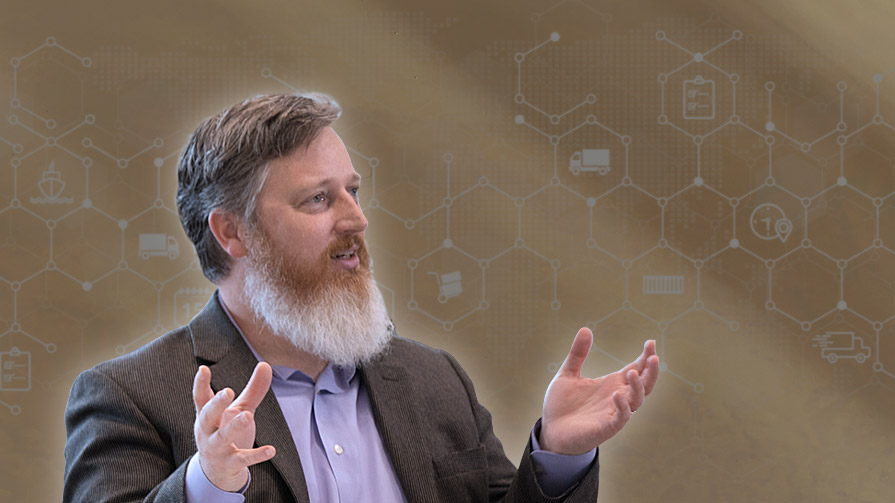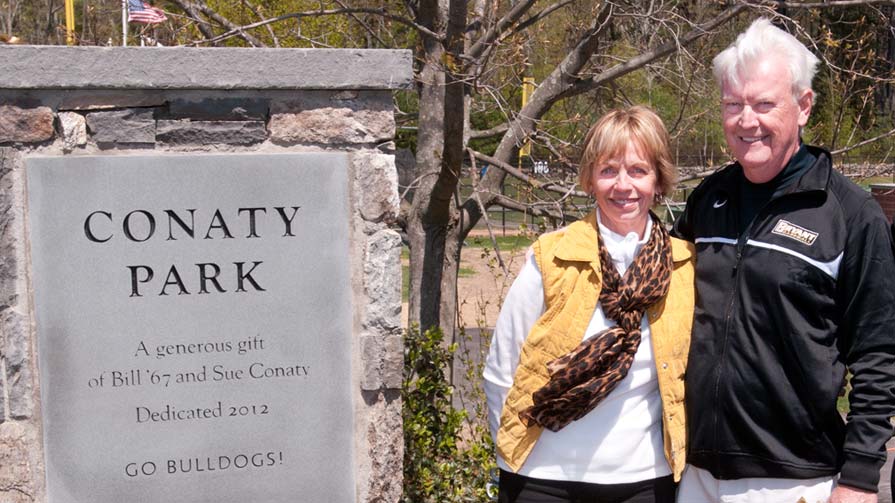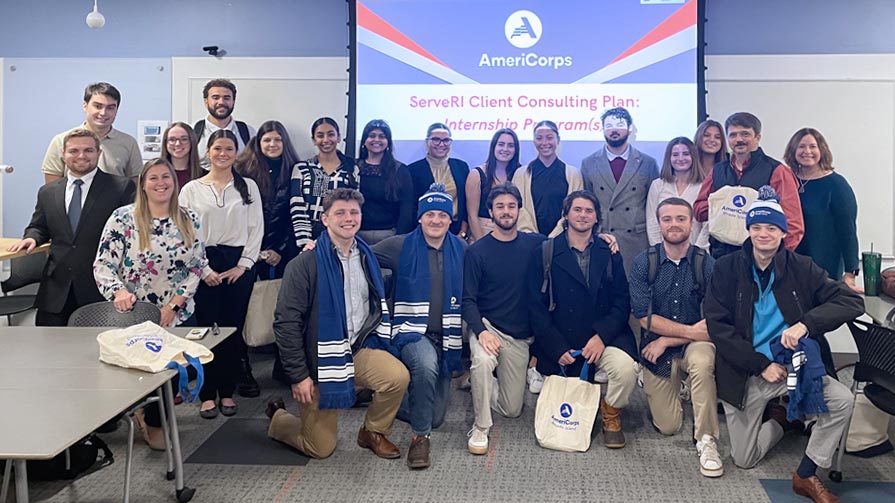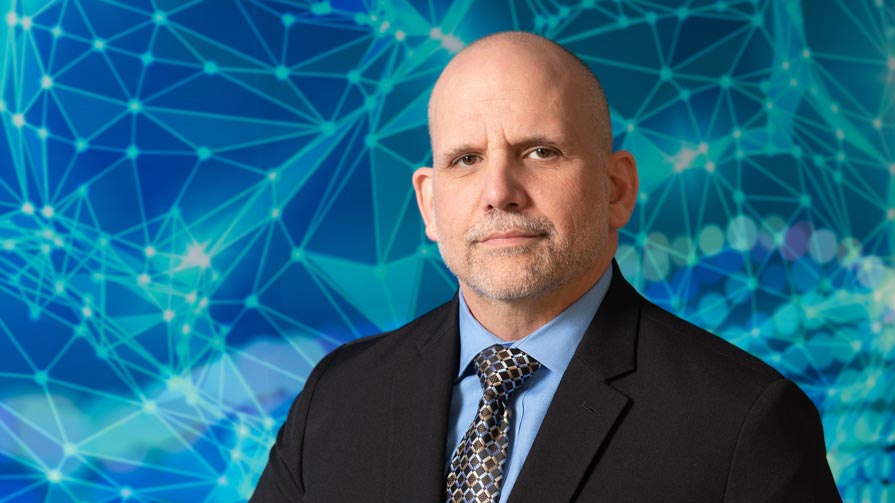Americans have never been more polarized in their political ideologies. Tristan Hightower, Ph.D., a new assistant professor of Political Science at Bryant, has studied interest groups and polarization over decades. Here, he shares what to know as we head into election booths this November.
Deepfakes won’t sway the election: “Deepfakes are digitally altered images or videos used to spread misinformation; they are especially effective among people who are already set in voting one way and can be used to charge a base. At this juncture, I do not think we need to worry about deepfake images or videos swaying this election, but this technology is something to be cognizant of. I've read articles on how to spot deepfakes, but I’ve still been fooled. The main thing is to have a general sense of responsible news sources and double-check what you’re hearing, particularly if it seems extravagant.”
The new president will rely on special interest groups: “Candidates always talk about money in Washington, lobbyists, and how they're going to dismantle special interest groups. Then, a couple of months into their presidency, they’re working with coalitions of interest groups. Candidates are always going to say interest groups are bad but — at the end of the day — they are going to need them, which is why it's important to consider who these groups are and what they stand for.”
Voter turnout will be similar to 2020: “Individuals may feel like they're losing a part of their identity if the country goes in a certain direction; it felt that way to many people in 2016 since there were policies on either side that were incredibly important to people. Voter turnout was strong in 2016, but it was stronger in 2020 after four years of the Trump administration. Because of that, I think we'll see similar levels of political engagement this time around. Additionally, according to most surveys, the public says they want to get to a place where people feel things are more moderate across the board. In practice, coming together is easier said than done; however, it is important to remember that Congress is incredibly collaborative. Bills pass largely on a bipartisan basis even today — a trend that’s been unchanged for decades. All is not lost, but there’s always room to improve.”






